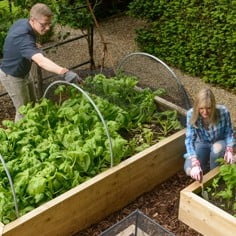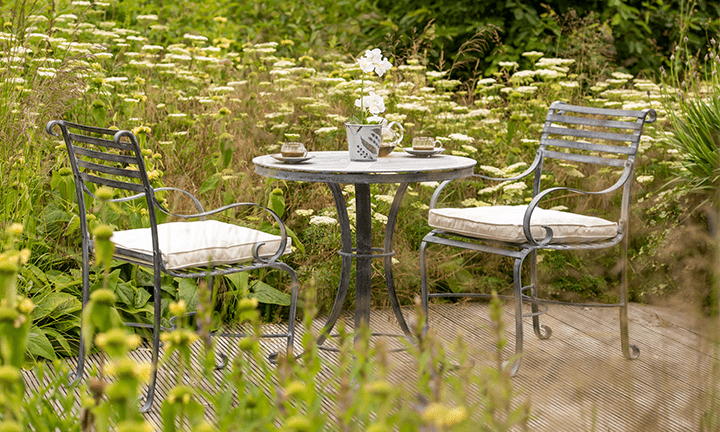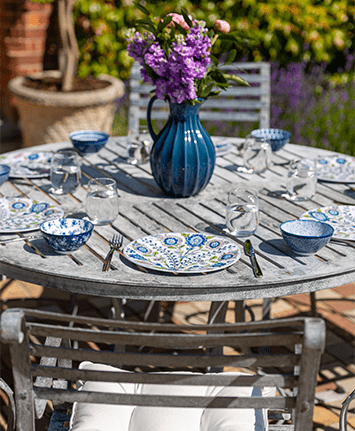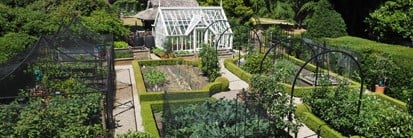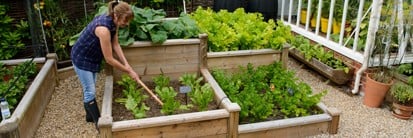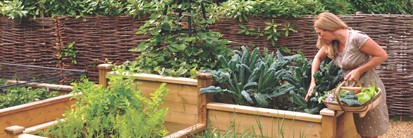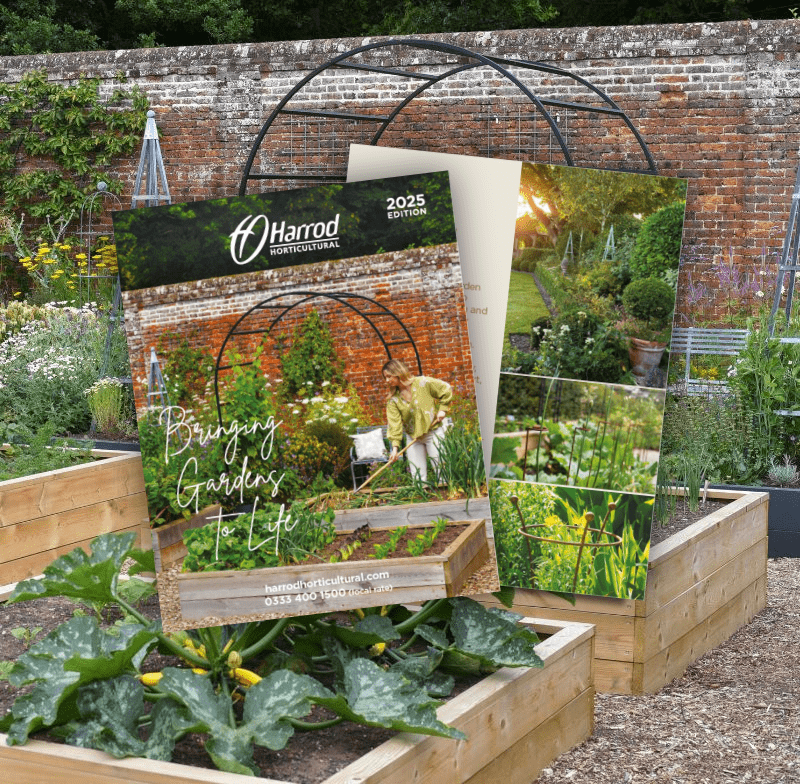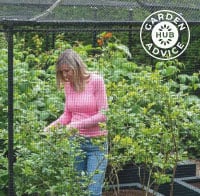Wormeries are gaining in popularity as gardeners and householders embrace the recycling ethos and discover the benefits that soft, crumbly and beautifully textured wormcast can bring to the garden.
Time for a brief lesson on wormeries! Composting with worms is certainly an excellent method of disposing of unwanted kitchen and garden waste and receiving some excellent quality compost and liquid feed in return!
 Wormeries are perfect for variety of ingredients - kitchen peelings, tea bags, cooked and uncooked food scraps, contents of the hoover bag, biscuits, grass clippings and the list goes on and on - in fact, it's probably quicker to list the material worms DON'T like (things like meat, bones, cooking oil, salt, spicy foods and dairy products)!
Wormeries are perfect for variety of ingredients - kitchen peelings, tea bags, cooked and uncooked food scraps, contents of the hoover bag, biscuits, grass clippings and the list goes on and on - in fact, it's probably quicker to list the material worms DON'T like (things like meat, bones, cooking oil, salt, spicy foods and dairy products)!
Another thing to consider when composting with worms (known as vermiculture if you want to do any further investigation) is that they don't like large amounts of any one material which is why I'd always suggest a compost bin or tumbler for a large garden which is likely to produce large amounts of one compostable material - grass clippings for example.
You'll find a wormery pretty much looks after itself once established and maintaining the correct conditions isn't too difficult. Wormeries which become too wet (quite common when you consider that vegetable peelings are around 90% water) can be treated with strips of dry newspaper which soak up excess moisture and are devoured by the worms; it's easy to purchase extra composting worms should you need them and there's plenty of advice available for the would-be vermiculturist!
A couple of final things to think about are the type of wormery and winter storage. The designs which have separate lift-off trays are usually the easiest to start off with as they make harvesting the excellent compost you end up with very easy. We stock a 100 Litre Wormery which is also ideal for beginners and is fitted with a tap at the base to drain off and collect the invaluable leachate but getting the compost out is slightly more difficult.
Rather like us, worms don't like the cold and allowing the wormery to freeze will result in stiff, dead worms and no compost! Wrapping the structure in bubble insulation is one way to prevent this happening, and placing the wormery in a shed or outbuilding to keep off the worst of the winter weather is also very popular. Either way, production slows down during the winter months so if you are thinking of starting a wormery, I'd advise you to do so really no later than the end of September or wait until March of the following year.






